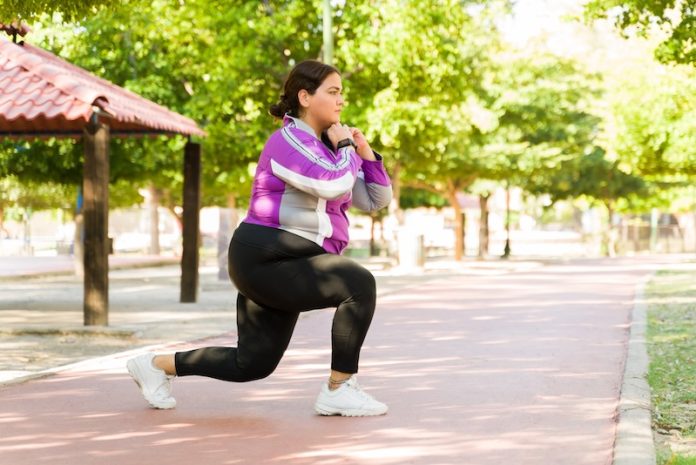
A study published in the Journal of the American Medical Association reveals that a combination of diet and exercise can lead to a significant reduction in knee pain for overweight or obese patients with knee osteoarthritis.
The research, led by Stephen P. Messier, Ph.D., from Wake Forest University, highlights the impact of lifestyle changes on managing osteoarthritis symptoms.
The study involved 823 participants aged 50 and older, all diagnosed with knee osteoarthritis and classified as overweight or obese.
They were divided into two groups: one received a diet and exercise intervention, and the other served as an attention control group. The intervention lasted for 18 months.
Key Findings
Pain Reduction: The adjusted mean score for knee pain (measured by the Western Ontario and McMaster Universities Osteoarthritis Index) was lower in the diet and exercise group compared to the control group at the 18-month follow-up (5.0 vs. 5.5, respectively).
Weight Loss: Participants in the diet and exercise group lost an average of 7.7 kg (8% body weight), while the control group lost 1.7 kg (2% body weight).
Waist Circumference: There was a notable 9 cm reduction in waist circumference in the diet and exercise group, potentially offering additional health benefits.
Secondary Outcomes: Out of seven secondary outcomes measured, five showed significant improvements in the intervention group compared to the control group.
Safety: There were 169 serious adverse events reported, but none were definitively linked to the study.
The study underscores the importance of lifestyle modifications in managing knee osteoarthritis, particularly for those who are overweight or obese.
The combination of diet and exercise not only reduces knee pain but also contributes to significant weight loss and a reduction in waist circumference, which can further benefit overall health.
Conclusion
For older adults struggling with knee osteoarthritis and weight issues, adopting a structured diet and exercise program can lead to meaningful improvements in pain and function.
This study provides compelling evidence supporting the role of non-pharmacological interventions in the management of knee osteoarthritis, highlighting the potential for improved quality of life through lifestyle changes.
If you care about pain, please read studies about how to manage your back pain, and Krill oil could improve muscle health in older people.
For more information about pain, please see recent studies about how to live pain-free with arthritis, and results showing common native American plant may help reduce diarrhea and pain.
The research findings can be found in JAMA.
Copyright © 2023 Knowridge Science Report. All rights reserved.



